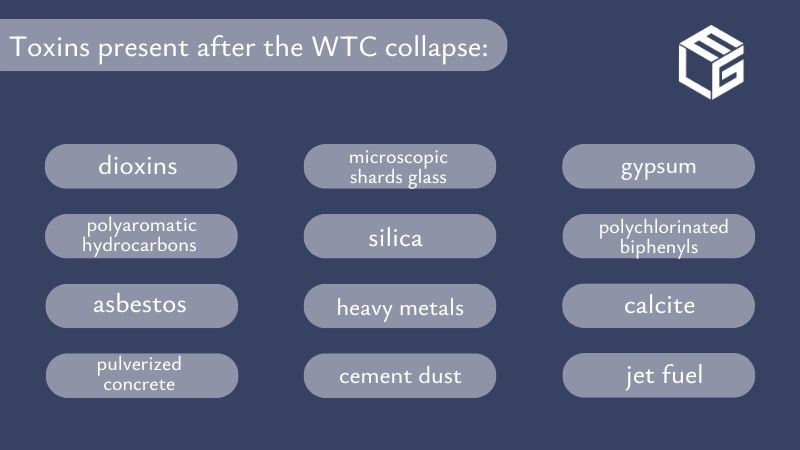How dioxins cause diseases
The effects of dioxin exposure happen on a cellular level. Dioxins can damage cells and tissues, cause inflammation, and disrupt hormones. As a result, a number of studies link dioxins to a range of serious medical conditions. Today, many people exposed to dioxins are experiencing its long-term effects.
A study examining the relationship between dioxins and cancer found that dioxins are mainly associated with cancers related to the digestive system, lung cancer, prostate cancer, and non-Hodgkin's lymphoma.
The WHO's International Agency for Research on Cancer lists dioxin as a carcinogen, with high levels of exposure being linked to different types of cancer, including:
- Skin cancer
- Endocrine: thyroid cancer, breast cancer, prostate cancer
- Digestive: liver cancer, pancreatic cancer, colorectal cancer, esophageal cancer, gastric cancer
- Reproductive: ovarian cancer, uterine cancer, testicular cancer
- Blood-related: leukemia, lymphoma, myeloma
- Respiratory: lung cancer, bronchial cancer
Apart from cancer, dioxins are also linked to other chronic health issues such as:
Prolonged exposure can lead to chronic, irreversible damage, which can increase the likelihood of developing other debilitating diseases. The worst part about being exposed to dioxins is how long it takes for the body to get rid of them.
According to the WHO, it would take 7 to 11 years before the body can eliminate even half of the total dioxins it has stored. Dioxins' ability to stay in the body means their harmful effects can last years.
